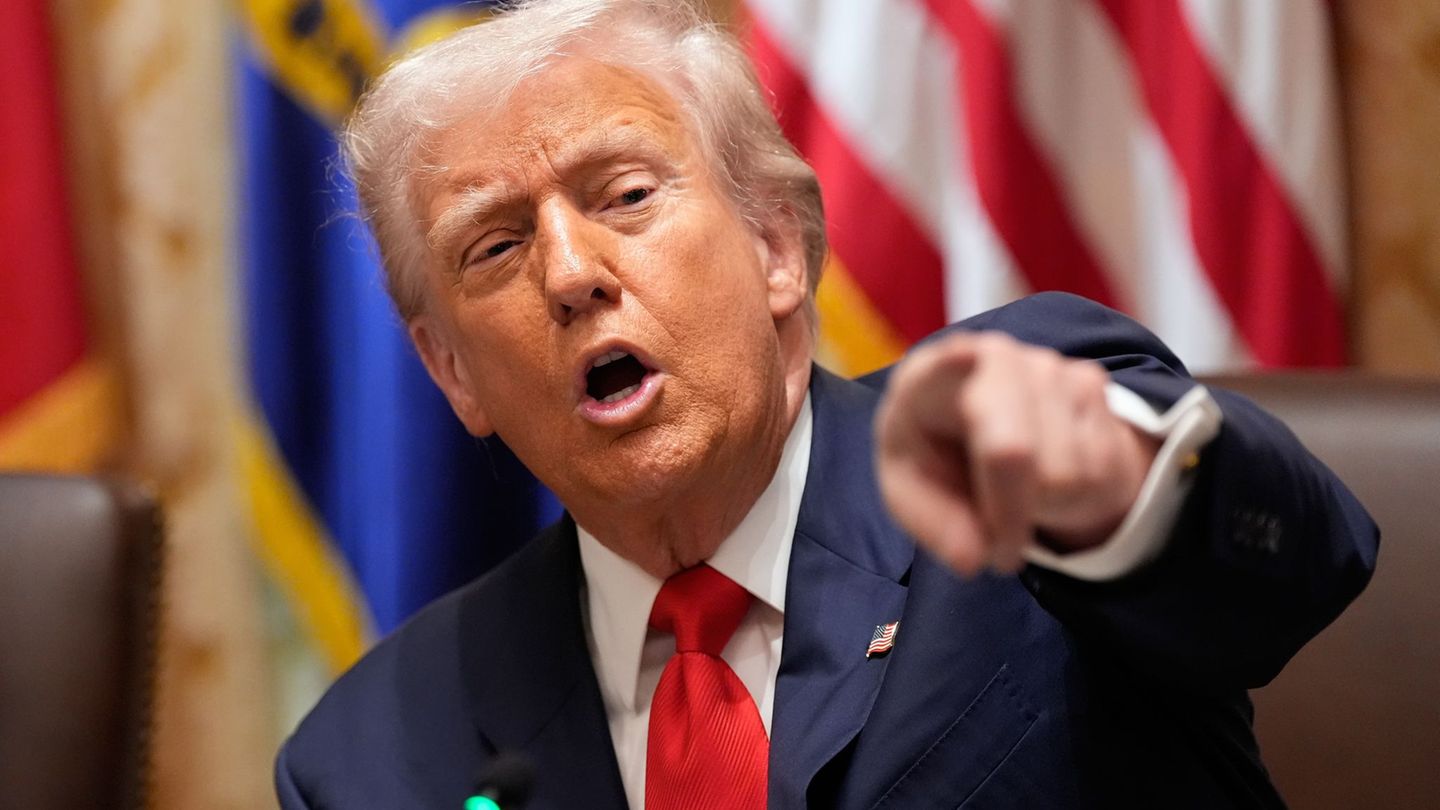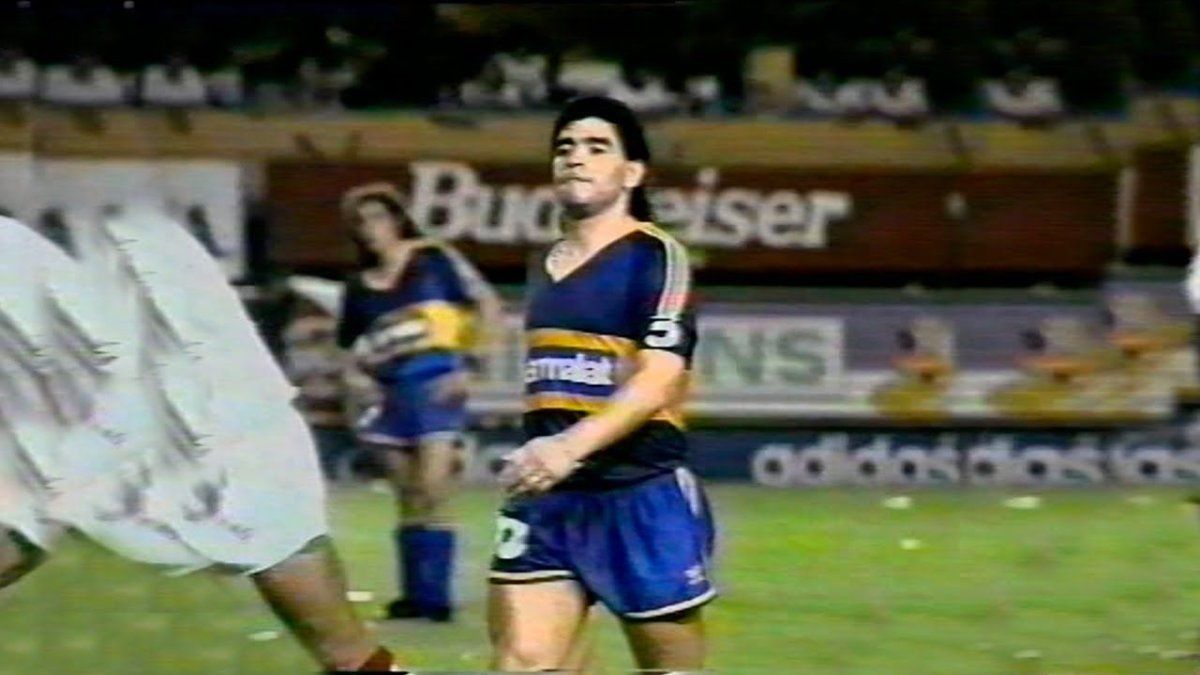Leonie Benesch is part of a new film about the 1972 Olympic attack. “September 5” tells the story from the perspective of the television station that was the first to have a live camera on the events.
On September 5, 1972, the world watched the terror. On that day, Palestinian assassins took Israeli athletes hostage during the Olympic Games in Munich. The television station ABC Sports broadcast the 21-hour hostage-taking live. The film “September 5” with Leonie Benesch (“The Teachers’ Room”) in a leading role tells what it was like for the journalists involved.
“September 5” by Swiss director Tim Fehlbaum is a gripping thriller about the power of images. It was “the first time that a terrorist act was broadcast live to the whole world,” says the film, which now premiered in Venice. “900 million people watched.”
This created a very special responsibility for the journalists involved. But they hardly had time to think about it during the hectic events.
The work takes place entirely in the TV studio of the US broadcaster ABC Sports, which was set up right next to the Olympic Village at the time. Despite resistance from their own news department, the TV team reported live on the events, showing images of the attackers, the police negotiating in front of the entrances to the Olympic Village, and finally of shots in the distance as the hostage situation escalated.
“The audience should experience the excitement of live reporting with the characters, should be there when moral decisions always have to be made against a ticking clock,” says director Fehlbaum.
He succeeded. In “September 5” you breathlessly follow the rapid events and the difficult moral questions that arise for the station’s employees.
Should you show someone being shot in a live broadcast?
Shortly after 4 a.m., the interpreter Marianne (Benesch) and a few other studio employees hear gunshots. It doesn’t take long for rumors of a hostage-taking to leak out. With Marianne’s help, the young producer Geoff (John Magaro) unexpectedly takes over the live broadcast. After the hostage takers have given an ultimatum for their goals, time is running out. Unconfirmed rumors are circulating and the lives of the hostages are at stake.
Should you show someone being shot in a live broadcast? Does the television footage not give the perpetrators the stage they want? Or does it even give them access to information that they would not have had without the television broadcast? And how thoroughly do you have to check sources when time is running out? Questions like these are just as relevant today as they were then. Not all of the team’s decisions will prove to be correct in retrospect.
One cameraman hides in the Olympic Village, another disguises himself as an athlete and smuggles camera rolls in and out of the village. The film uses historical footage from ABC that was shown on television at the time.
Individual scenes are re-enacted: the face of a masked assassin looking out of the window. Police officers disguised as chefs who fail to gain entry to the Olympic apartments.
And the disastrous mistakes made by the security authorities are a recurring topic. They are still being dealt with today.
Source: Stern
I am an author and journalist who has worked in the entertainment industry for over a decade. I currently work as a news editor at a major news website, and my focus is on covering the latest trends in entertainment. I also write occasional pieces for other outlets, and have authored two books about the entertainment industry.




